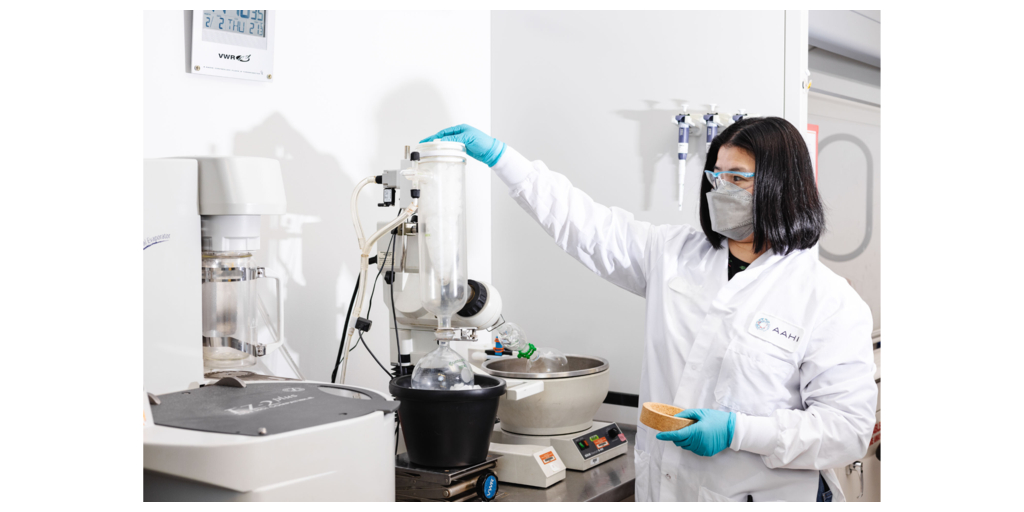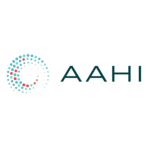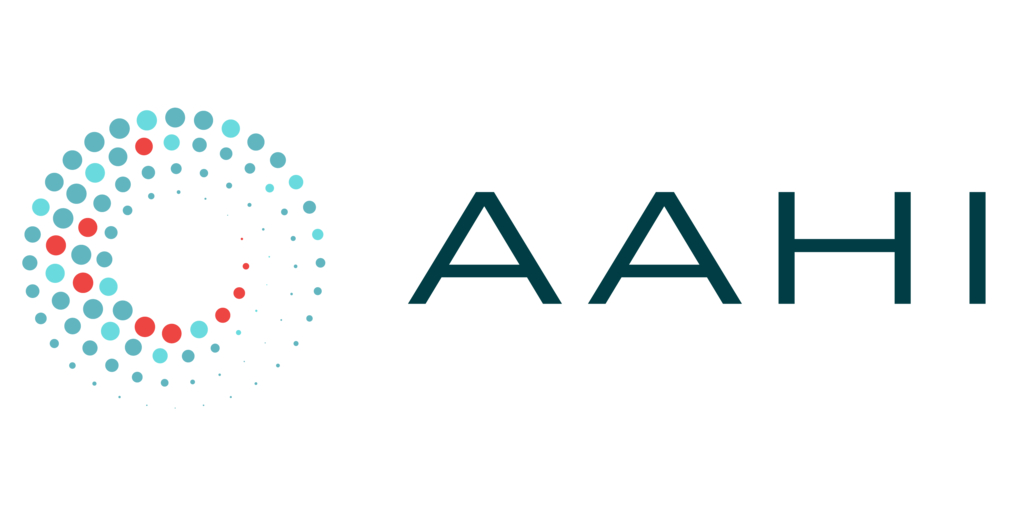SEATTLE–(BUSINESS WIRE)–The Access to Advanced Health Institute (AAHI) announced today that it has been awarded the first stage of funding for a $12.7-million project through the Medical CBRN Defense Consortium (MCDC) Other Transaction Authority (OTA) to develop a novel immune-stimulating adjuvant formulation that will improve the human immune response to vaccines, providing broader and longer lasting protection against disease.




This five-year prototype project will support AAHI’s development and optimization of “NanoAlum” – a novel nanoparticle adjuvant formulation, made from aluminum salts (“alum”). Alum has been used for nearly 100 years to enhance immune responses to vaccines, and vaccines adjuvanted with alum work well against some diseases, such as hepatitis A and B and pneumococcus. Alum-adjuvanted vaccines have been less effective against diseases such as tuberculosis and influenza, which are more complex to target and can be challenging to manufacture because they require special sterilization methods. AAHI’s NanoAlum formulation changes the size, shape, and charge of alum particles to enhance specific immune responses for better vaccine protection against complex diseases. Vaccines formulated with NanoAlum can be sterilized using standard methods for ease of manufacture, and NanoAlum is designed to be stable at extreme temperatures to ensure accessibility in low-resource areas of the world, such as those most burdened by tuberculosis.
“The team hopes to get a better understanding of how the physical characteristics of adjuvant formulations alter and improve the human immune response to vaccines,” says Christopher Fox, PhD, Senior Vice President of Formulations at AAHI, and the lead scientist on the project. “By optimizing those characteristics in a new adjuvant formulation, we may unlock approaches to providing improved protection against the most complex and difficult diseases to target, like tuberculosis and influenza.”
The MCDC prototype project will evaluate AAHI’s NanoAlum formulated with 3M’s immune-stimulating “3M-052” molecule – an extremely promising adjuvant characterized as a toll-like receptor (TLR) agonist. Formulations of 3M-052 have demonstrated ability to generate robust and durable immune responses and are currently being used in clinical trials of several HIV vaccines with encouraging results. Adjuvant formulations containing TLR agonists are a critical component of some of today’s newest and most successful vaccines, including currently licensed vaccines against shingles (Shingrix®), respiratory syncytial virus (AREXVY®), malaria (RTS,S®), and COVID-19 (Covaxin®). AAHI’s prototype project for MCDC will pair the combined 3M-052 and NanoAlum formulation with tuberculosis and pandemic influenza vaccine antigens. The resulting vaccine candidates will be evaluated through preclinical studies and toxicology testing to prepare for use in clinical trials.
“Currently available vaccine technology does not yet provide highly effective solutions that prevent infection and reduce or eliminate transmission against some of the most difficult and pervasive infectious diseases worldwide,” says Corey Casper, MD, MPH, CEO of AAHI. “Adjuvant formulations, particularly TLR agonists, have proven to be the most efficient technology to date, but they must be formulated to be safe and effective when used in human vaccines. This award will allow us to advance the oldest and safest vaccine adjuvant technology and combine it with the newest and most promising adjuvant molecule in a way that can safely enhance modern vaccines and do so in a way that is easily manufacturable and accessible to people around the globe. We hope this work will lead to accessible and potent vaccines that reduce the burden of tuberculosis and pandemic influenza, two of the leading infectious disease killers across the world.”
AAHI’s NanoAlum research project is supported by federal funds from the Department of Defense under OTA number #W15QKN-16-9-1002.
The U.S. Government is authorized to reproduce and distribute reprints for Governmental purposes, notwithstanding any copyright notation thereon.
The views and conclusions contained herein are those of the authors and should not be interpreted as necessarily representing the official policies or endorsements, either expressed or implied, of the U.S. Government.
AAHI is a nonprofit biotech research institute located in Seattle, Washington, that combines the high-quality science of an academic research organization with the product development capabilities of a biotech company to help combat some of the world’s deadliest diseases, including infectious diseases such as COVID-19, mosquito and tick-borne diseases, cancer, fungal and parasitic infections, and other non-communicable diseases. For nearly three decades, AAHI, previously known as the Infectious Disease Research Institute, has focused on creating immune-enhancing technologies that improve the body’s natural response to disease. Through collaborations, AAHI brings innovative products from the lab to the clinic to the people, furthering AAHI’s mission to bring together the best experts, technologies, and platforms to create accessible, high-quality products and solutions. AAHI is working to build a world in which every person has access to tools that harness their immune system and allow them to live a healthy life free of illness and disease. For more information, go to AAHI.org or follow us on LinkedIn.
Contacts
Casey Benadof
[email protected]
(206) 858-6030









